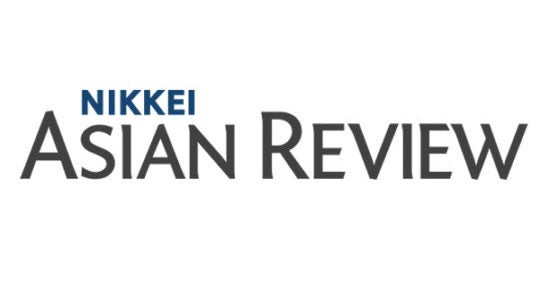
TOKYO — Japan and the U.S. intend to enact their recent trade agreement at the start of the year, the man who led Tokyo’s negotiations told Nikkei in an interview Thursday.
“The U.S. wants [the trade deal] to be in effect on Jan. 1, 2020, and we have no objections to that,” said Japanese Foreign Minister Toshimitsu Motegi, who assumed his current post in September after serving as economic policy minister.
Prime Minister Shinzo Abe and President Donald Trump shook hands in New York late last month on a limited trade deal that is to precede a more wide-ranging one. U.S. Trade Representative Robert Lighthizer, the lead negotiator for the White House, expressed afterward a desire to have the agreement take effect in January.
Though the trade pact needs ratification by Japanese lawmakers, Motegi said the two countries have “no conflict” over the timetable for the deal.
The accord will go before Japan’s parliament once it convenes for an extraordinary session on Friday. “We hope to gain their approval after a thorough explanation,” Motegi said.
“The deal strikes a balance between agricultural and industrial products,” the foreign minister explained. “We were able to attain a win-win outcome for both Japan and the U.S.”
Tokyo was worried that the U.S. would enact new tariffs or volume caps on automobiles imported from Japan. But Motegi said Japan received “clear confirmation” from Washington that it would not do so.
Once the agreement takes effect, both sides have four months to decide the scope of topics to be discussed in new trade negotiations.
“Limited to goods, I see us discussing a timeline for abolishing [tariffs on] automobiles and auto components,” Motegi said.
Though Japan signed a bilateral agreement with the U.S., Motegi emphasized the Abe government’s commitment to multilateralism.
“Amid the rise in protectionism, it’s absolutely essential for Japan to expand a free and fair economic sphere,” he said.
Motegi cited the Regional Comprehensive Economic Partnership, a proposed free trade bloc being hashed out by the 10 members of the Association of Southeast Asian Nations along with six Asia-Pacific trading partners including Japan and China.
“We aim to reach a high-quality agreement among the 16 countries by the end of the year,” he said.
To read the original article: Click here

